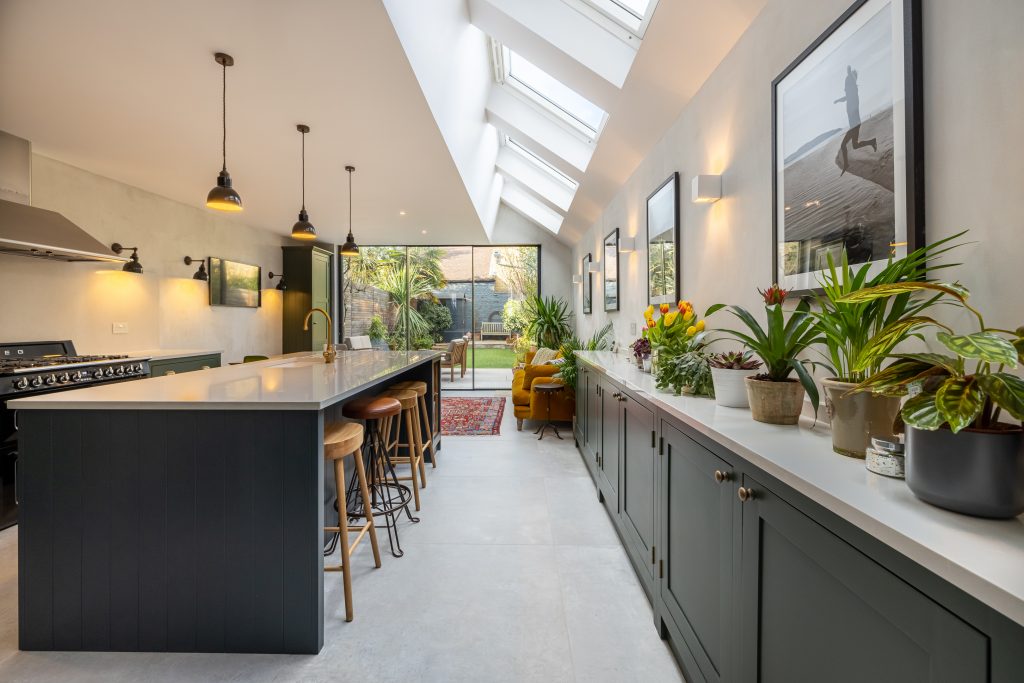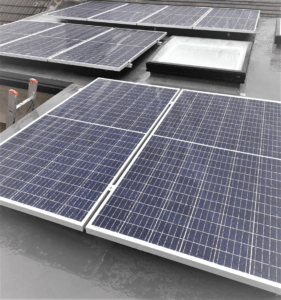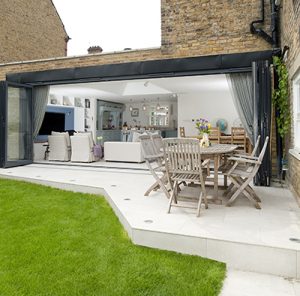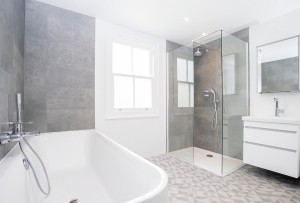With winter just around the corner, what better time to explore the best options for heating your home extension. Whether you’re adding new space to your home or upgrading an existing one, heating plays a crucial role in keeping it comfortable and energy efficient. The right heating system can make a significant difference, both in terms of comfort and cost savings. From eco-friendly solutions to the latest in modern technology, here are some of the most effective heating methods to ensure your home extension stays warm and sustainable all year round.
Replace Your Boiler
A good starting point when extending your home is to assess whether your existing boiler can handle the increased heating demand. Older boilers are often less efficient and may struggle to heat larger spaces effectively, leading to higher energy bills and inconsistent warmth throughout your home. Upgrading to a modern, energy-efficient boiler can make a world of difference, ensuring your entire property is heated evenly and more efficiently.
Glazing Upgrade
Your extension’s windows and doors play a crucial role in how well it retains heat. Poor quality glazing can lead to significant heat loss, forcing your heating system to work harder. Opting for double or triple glazing in your extension will not only help keep your home warm but also improve energy efficiency, reduce noise, and lower your heating bills.
Low-emissivity (low-E) glass is another excellent option. This type of glass has a special coating that reflects heat back into the room while still allowing natural light to enter. This keeps your extension warm in winter and cooler in summer, reducing your reliance on heating and air conditioning systems.

Underfloor Heating
Underfloor heating is a popular choice for extensions, especially if you want to maintain an open, uncluttered look without radiators taking up wall space. This system provides an even distribution of heat, as it warms the room from the ground up, making it particularly effective in larger spaces like open-plan kitchen and living areas.
There are two main types of underfloor heating: electric and water-based systems. Electric systems are easier to install, especially in smaller spaces, but they can be more expensive to run. Water-based systems, on the other hand, are more energy-efficient in the long run and work well when connected to a high-efficiency boiler or heat pump.
Not only does underfloor heating offer a comfortable, radiant warmth, but it also helps to reduce dust circulation, making it a great choice for allergy sufferers. Plus, it can be integrated with smart thermostats for greater control over your heating schedule and energy use. This, combined with the ability to control individual rooms, makes underfloor heating a very energy efficient choice.
Smart Thermostats
To maximise the efficiency of your heating system, consider installing smart thermostats. These devices allow you to control your heating remotely via your smartphone, ensuring that your home is always at the perfect temperature when you need it while also giving you a way to manage your heating, especially if you have a zoned system or underfloor heating that requires precise temperature control.
Smart thermostats can even learn your schedule and adjust heating accordingly, helping you to save energy by only heating rooms when necessary. Some models even integrate with weather forecasts to make real-time adjustments based on outdoor conditions, further improving your home’s energy efficiency.
Eco-Friendly Heating
As sustainability becomes a key priority for homeowners, there are now a variety of eco-friendly heating options that can reduce your carbon footprint while keeping your extension warm.
One popular choice is biomass boilers, which burn organic materials like wood pellets to generate heat. While this system requires regular maintenance and storage for fuel, it offers a more sustainable alternative to traditional gas or oil boilers.
Another option is solar thermal systems, which use energy from the sun to heat water. While this technology works best in sunny climates, it can still provide supplementary heating in the UK, helping to reduce energy consumption and heating costs.
For those who want to invest in a greener future, these eco-friendly heating methods not only help protect the environment but also improve your home’s long-term energy efficiency.

Efficient Radiators and Zone Heating Systems
If underfloor heating isn’t the right fit for your extension, upgrading or adding energy-efficient radiators is a great alternative. Modern radiators come in a variety of styles and sizes, allowing you to choose options that complement the design of your extension without compromising on performance.
To ensure maximum efficiency, consider installing zoned heating systems. This approach allows you to heat different areas of your home independently, ensuring that you’re only using energy where it’s needed.
Heat Pumps
Heat pumps are an increasingly popular choice for those looking to futureproof their home extension. These systems extract heat from the outside air or ground and transfer it inside your home, providing an eco-friendly and energy-efficient way to heat your space.
There are two main types: air-source and ground-source heat pumps. Air-source heat pumps are easier to install and work well in most climates, while ground-source systems are more efficient but require more space for installation.
Heat pumps can significantly reduce your reliance on traditional heating systems, lowering your energy bills and carbon emissions. They also work particularly well when paired with underfloor heating or modern radiators.
Insulation
No matter how efficient your heating system is, it won’t be effective without proper insulation. Ensuring your home extension is well insulated will prevent heat loss and keep your space warm in winter and cool in summer.
Focus on insulating the walls, roof, and floors of your extension to minimise heat escaping. Cavity wall insulation and loft insulation are both excellent options that can significantly reduce energy consumption and lower your heating bills. Floor insulation is particularly important if you’re installing underfloor heating, as it prevents heat from escaping downwards.
Good insulation is a long-term investment that will pay off by making your extension more comfortable and energy-efficient all year round.
When it comes to heating your home extension, there are many options available to suit different needs, budgets, and environmental goals. Whether you’re upgrading your boiler, investing in underfloor heating, or exploring eco-friendly alternatives like heat pumps and solar panels, each choice can help you create a warm, energy-efficient space that enhances the overall value of your home.
By taking the time to choose the right heating system for your extension, you’ll ensure that your new space is comfortable, sustainable, and cost-effective for years to come. Planning on making some changes? Need some advice? Get in touch with Build Team today.
































